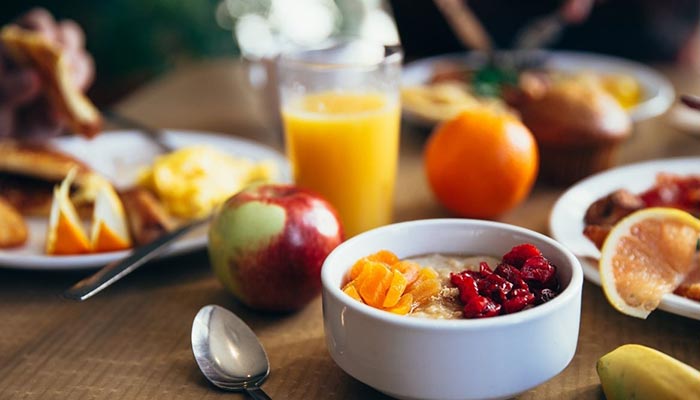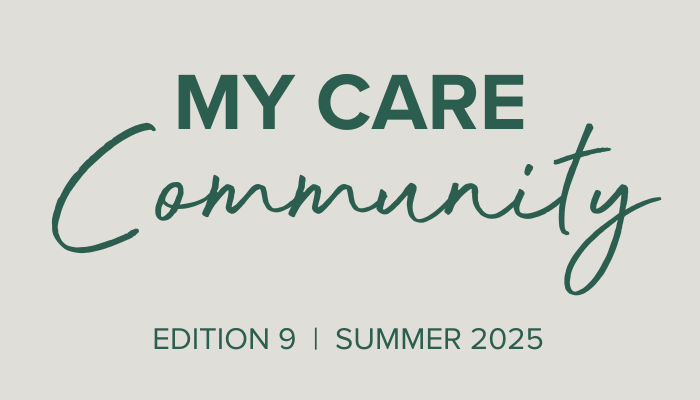Eating well can help improve your mental sharpness, boost your energy levels and increase your immunity. As you get older, it’s important to continue choosing healthy foods and enjoying eating as a social activity that you can look forward to.
However, as we get older our lifestyles and appetite can change. This can affect the quality and amounts of foods we eat. For example, a decreasing appetite or reduced ability to prepare healthy foods can mean that you are not getting enough essential vitamins, mineral and fibre.
The following suggestions can help you ensure your overall wellbeing and make healthier eating choices when it comes to meal time.
Use less salt
As we age, our sense of taste can decline. You might find yourself reaching for the salt to season your dishes and increase flavour. However, too much salt can increase the risk of high blood pressure and heart disease. Nutrition Australia recommends restricting your intake of high salt foods such as cured meats, salted snack foods such as chips and crackers, canned soups and some frozen dinners. Instead, choose reduced salt varieties of food when shopping, and flavour your foods with herbs and spices instead of table salt.
Limit your intake of saturated and trans fats
Too much saturated fat can cause cholesterol to build up in your arteries, while trans fats actually work to raise your “bad” cholesterol and lower your “good” cholesterol. You can limit your saturated and trans fat intake by reading food labels carefully and only occasionally enjoying a pie, donut or other processed food. You can also choose healthier oils when cooking, such as olive, canola or vegetable oil, or blending oil and a bit of butter for a more buttery flavour.
Enjoy a variety of foods
Eating the same few meals on repeat can increase the chances of developing a nutrient deficiency and make a healthy diet seem unappealing in the long term. Eating a variety of foods from the five major food groups provides a range of different nutrients to the body, promotes good health and can help reduce the risk of disease. It also keeps your diet interesting.
Eat for bone health
Milk and milk products such as yoghurt and cheese are high in calcium, as are fish with soft, edible bones such as canned salmon or sardines. While the best source of vitamin D is the sun, you can get some vitamin D from foods such as oily fish, red meat and egg yolks.
My Care Solution offers in-home meal preparation services. Our caregivers are at hand to help you create a healthy meal plan, collect your groceries, cook your meals and tidy the kitchen area when finished. Our meal preparation services can be paid for on a private fee-for-service basis, through your Home Care Package or through your NDIS plan if you are self-managed or plan-managed. Contact your local My Care Solution office for more information.



